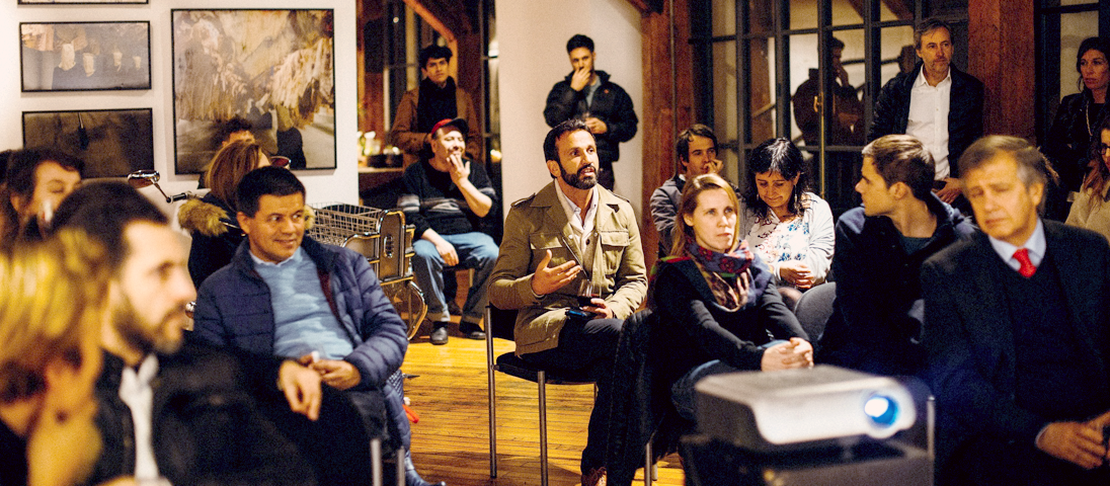
Disagreement is a good thing
- May 31, 2024
- Teamwork
Although agreement sounds like a good idea, it can have significant downsides.
When interviewing a potential candidate recently I asked them the difference, in their opinion, between the way a consultant/contractor engages with a company and a full time employee.
From past experience I was expecting them to talk about the ability to avoid office politics, differences in holidays, training (and other permanent aspects) however their answer was a surprise. They responded with the well known cliché that “the customer is always right”.
They believed that whatever the customer said was correct and their role was to go along with it and not challenge them; a full time employee had the right to challenge things but a contractor or consultant didn’t. They proposed that they might potentially offer a couple of potential options but even then would not propose a specific answer/solution.
For me, that is a really poor approach. I want people I am working with to challenge what I say - to at least get me to justify choices and decisions. Similarly, they should expect me to challenge decisions they propose. The last thing I want is someone who just “rolls over” and agrees with everything as I don’t believe they are bringing the best of their ability and I certainly don’t have the right answer all, or even part, of the time.
I used to have an employee working for me who I sometimes found difficult to work with as we had different views on a lot of things. However I would definitely have them in the team as we always challenged each other and it was for the best for the team and the company. There was never any animosity or anything personal, it was always with a deep respect for each others viewpoints. I even pointed this out in our one to ones and encouraged them to keep asking the difficult questions.
Even today I had a colleague ask me about my views on potentially introducing a process that would add some overhead to the work the team does. I was able to question the reasoning for this and it was based on a future requirement that may or may not happen. With this in mind I proposed we address it when the requirement exists. In discussing this it highlighted a gap in a different area and he has taken on the responsibility to address that gap. This colleague didn’t just take my initial answer, they pushed back with their reasoning and I am sure they will continue to do so in future.
Any work environment where it is not possible to question or challenge things is somewhere where they are not benefitting from the knowledge and experience of all their people.


